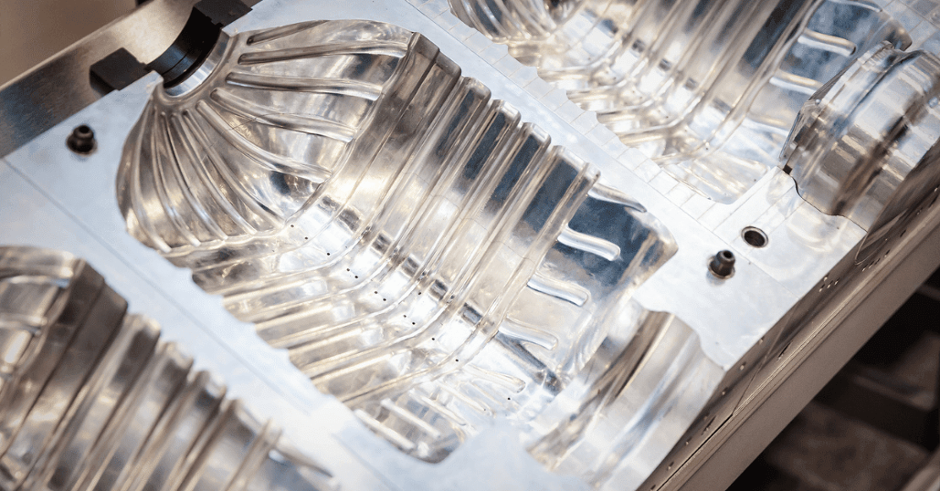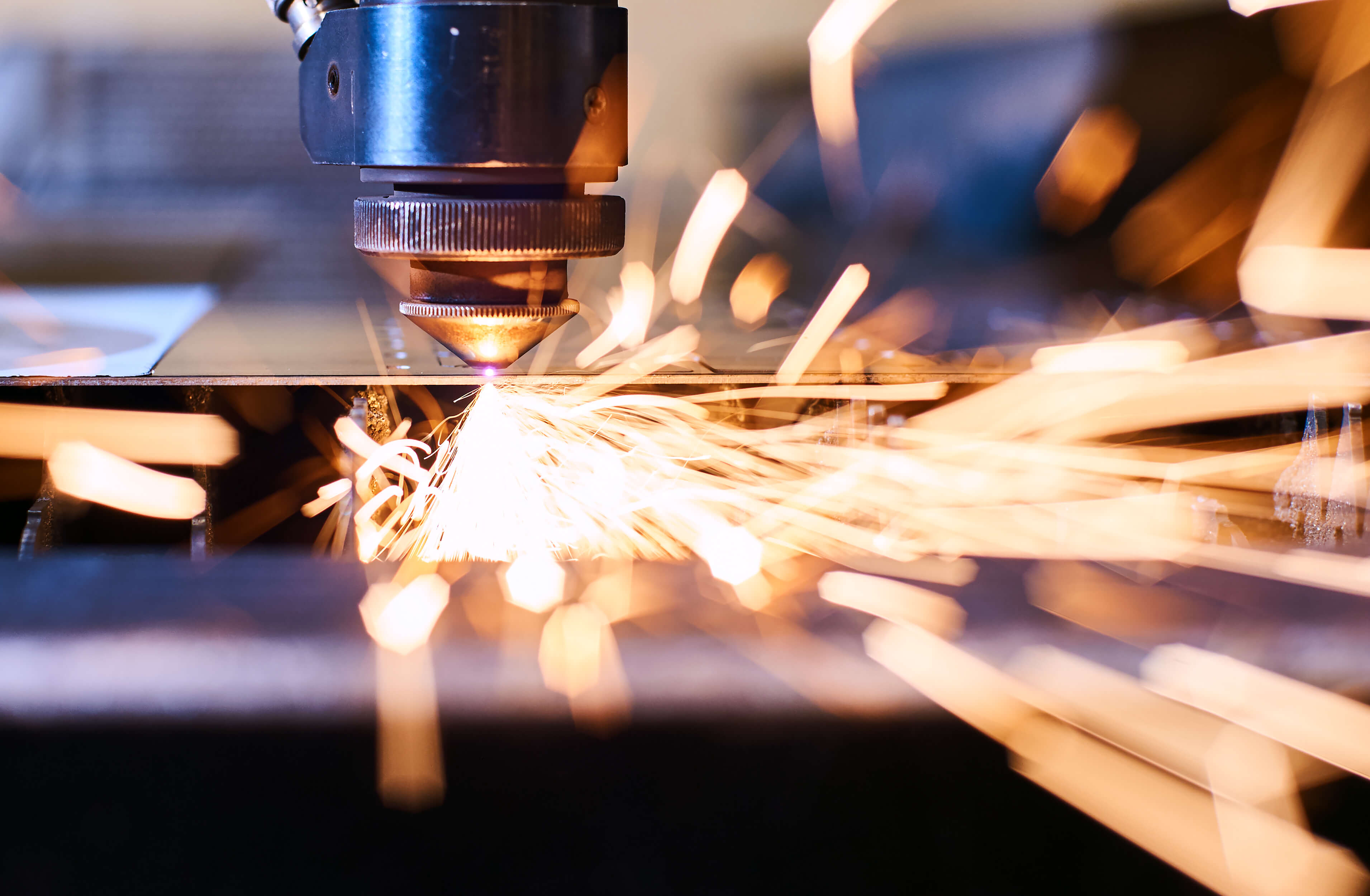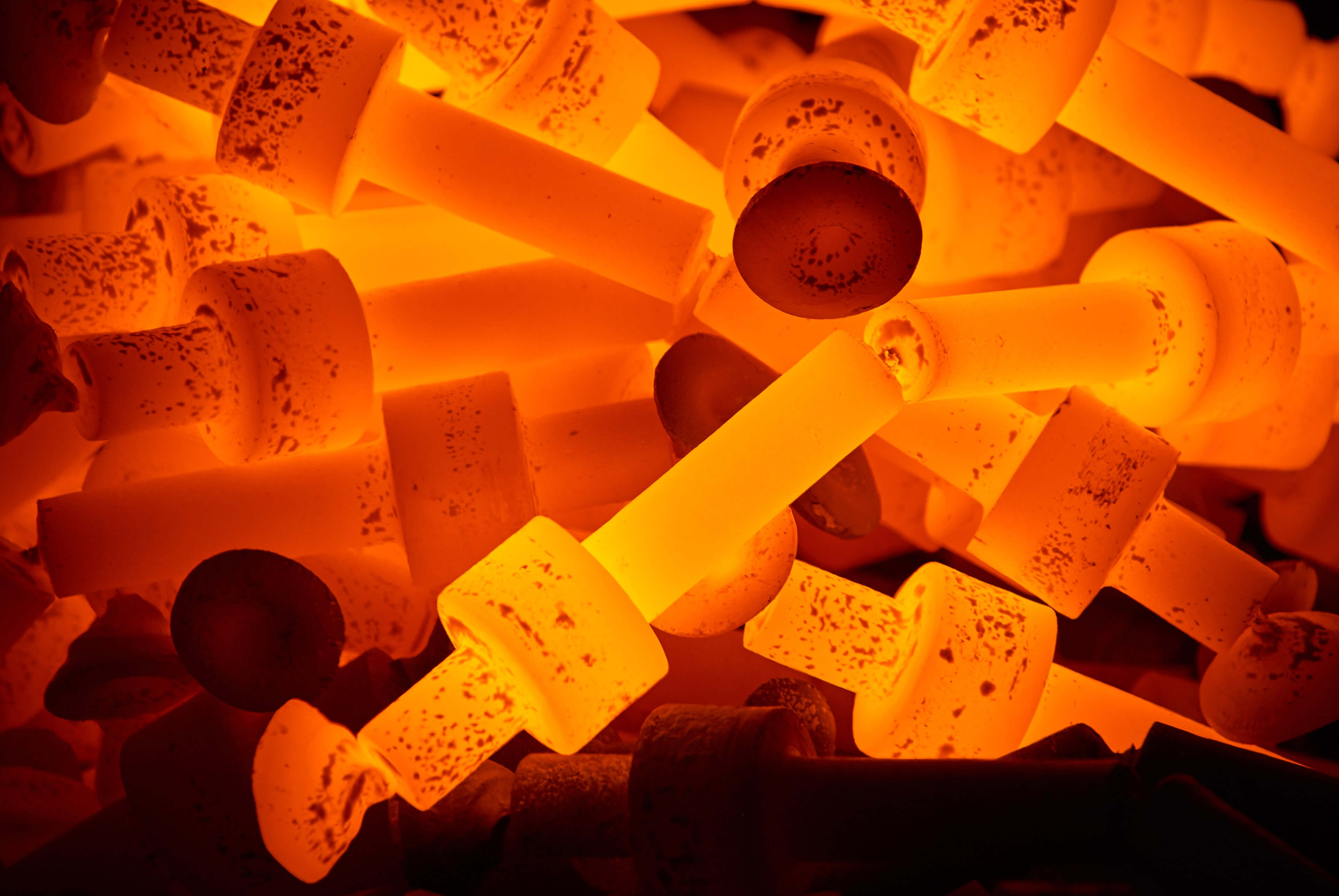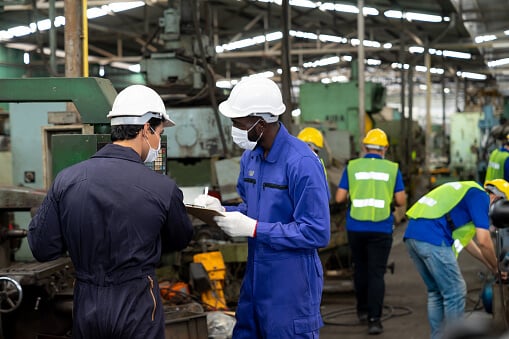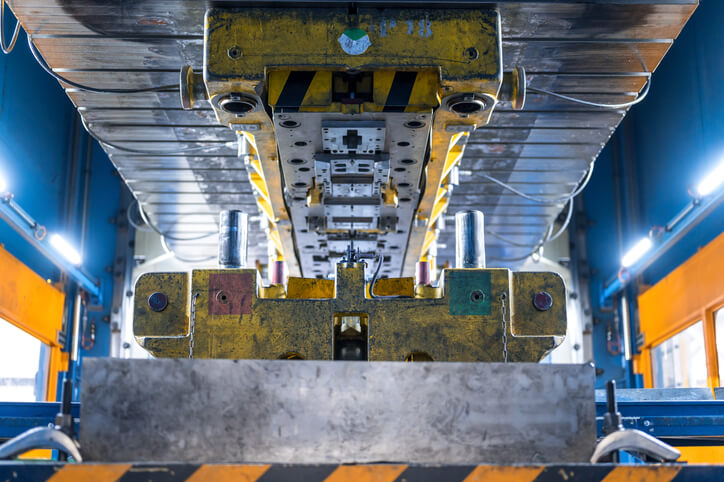Manufacturing
Decades in the Making: The History of VPIC
For the last 30 years, VPIC Group has been committed to customer satisfaction by consistently listening to customer needs, investing in the latest technology and staying up to date on industry trends. This commitment has allowed us to develop long-term working relationships with many world-class customers in powersports, automotive, healthcare equipment and many other industries located throughout the globe and especially in North America, Europe and Asia.
Read





